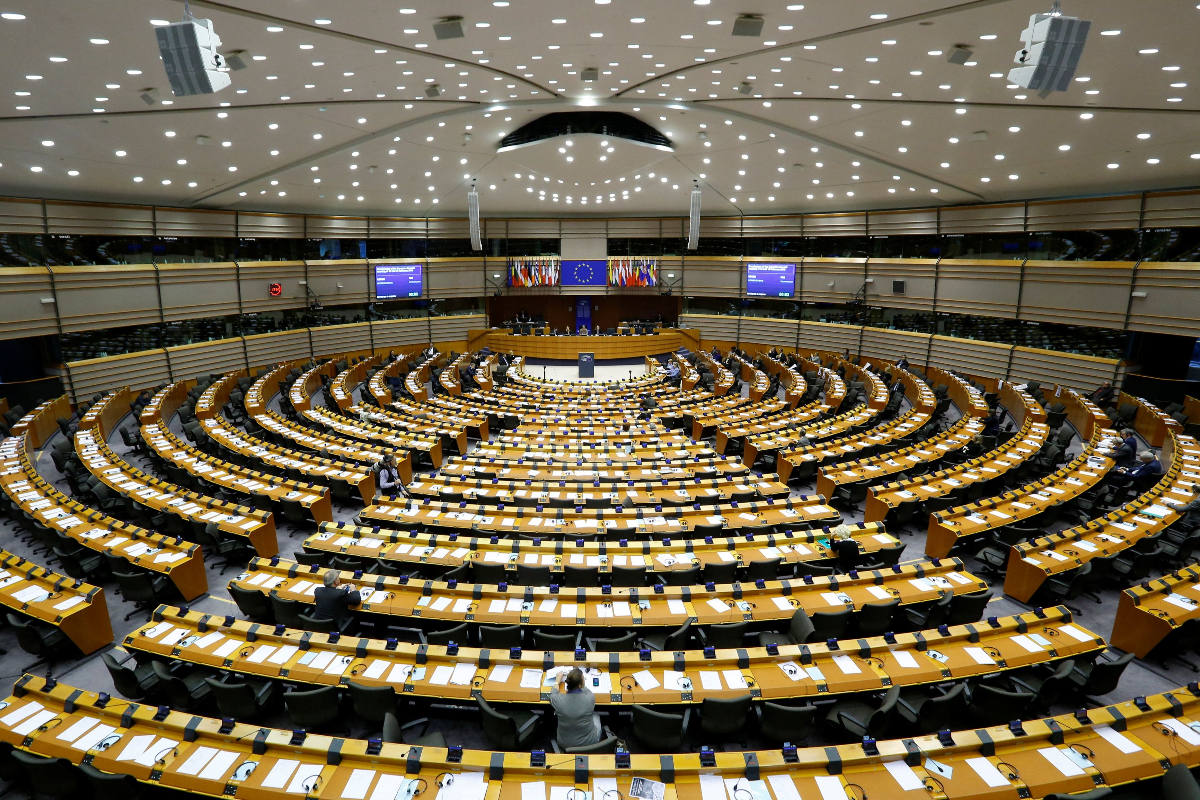Southgate defends using Foden in wide position
Southgate has defended his decision to use Foden in a wide position....

EU Advances Toward Groundbreaking AI Act Following Overnight Talks
European Union lawmakers and governments reached provisional terms for the regulation of artificial intelligence (AI) systems, including advanced models like ChatGPT.
The agreement, a significant step toward finalizing comprehensive rules for governing AI technology, was achieved after intense negotiations that extended into a second day.
According to sources familiar with the matter, a key breakthrough was the establishment of a provision where the European Commission would maintain a list of AI models considered to pose a “systemic risk.” Additionally, providers of general-purpose AIs, like ChatGPT, would be required to publish detailed summaries of the content used to train these models.
However, some aspects of the regulations are still under discussion. Two notable points of contention include the use of AI in biometric surveillance and the access to source code. Negotiators are yet to finalize terms on these issues, and discussions are ongoing.
The proposed law might exempt free and open-source AI licenses from regulation in most cases, unless they are considered high-risk or used for prohibited purposes. This provision aims to strike a balance between fostering innovation and mitigating potential risks associated with certain AI applications.
The negotiations, which began on Wednesday at 1400 GMT, saw tense debates and even frustrations over logistical issues, such as a broken drinks machine. Delegates reportedly ran out of food and coffee around 0200 GMT, highlighting the intensity and length of the discussions.
EU industry chief Thierry Breton shared his thoughts on social media, humorously remarking, “New day, same trilogue!” Trilogue refers to the negotiation process between Parliament, the Commission, and the Council.
The implications of the new law extend beyond the European Union, as it could serve as a blueprint for other governments seeking to regulate their own AI industries. This presents an alternative to the U.S.’s light-touch approach and China’s interim rules.
The urgency to finalize the draft rules is heightened by the upcoming Parliamentary elections in June. EU countries and lawmakers aim to have a final deal ready for a vote in the spring to avoid potential delays. However, even with a swift resolution, it might take close to two years before the legislation comes into effect.
The proposed regulations, first outlined in early 2021, precede the transformative impact of models like Microsoft-backed OpenAI’s ChatGPT, which raised concerns about the ethical and safety implications of highly intelligent machines. While the details of the provisional agreement are not fully disclosed, this development marks a significant step in regulating generative AI models and addressing the evolving landscape of artificial intelligence.
Catch all the Business News, Breaking News Event and Latest News Updates on The BOL News
Download The BOL News App to get the Daily News Update & Live News.